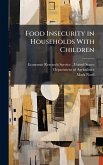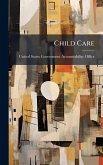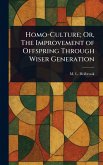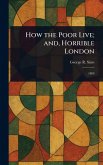"The Children of the Poor" offers a powerful and unflinching look at child welfare in turn-of-the-century New York City. Jacob A. Riis's seminal work sheds light on the harsh realities faced by impoverished children living in the city's underbelly. Through vivid descriptions and compelling observations, Riis documents the devastating effects of poverty on young lives. A crucial document in the history of social reform, this book provides a stark portrayal of urban life and its impact on families. Riis's exploration of child welfare issues in New York remains relevant, offering valuable insights into the challenges faced by vulnerable populations. This meticulously prepared edition makes this important historical text accessible for anyone interested in social science, urban sociology, and the history of parenting and family relationships. Discover the timeless story of children navigating hardship and the urgent call for social change that echoes through the ages. This work has been selected by scholars as being culturally important, and is part of the knowledge base of civilization as we know it. This work is in the public domain in the United States of America, and possibly other nations. Within the United States, you may freely copy and distribute this work, as no entity (individual or corporate) has a copyright on the body of the work. Scholars believe, and we concur, that this work is important enough to be preserved, reproduced, and made generally available to the public. We appreciate your support of the preservation process, and thank you for being an important part of keeping this knowledge alive and relevant.
Bitte wählen Sie Ihr Anliegen aus.
Rechnungen
Retourenschein anfordern
Bestellstatus
Storno









